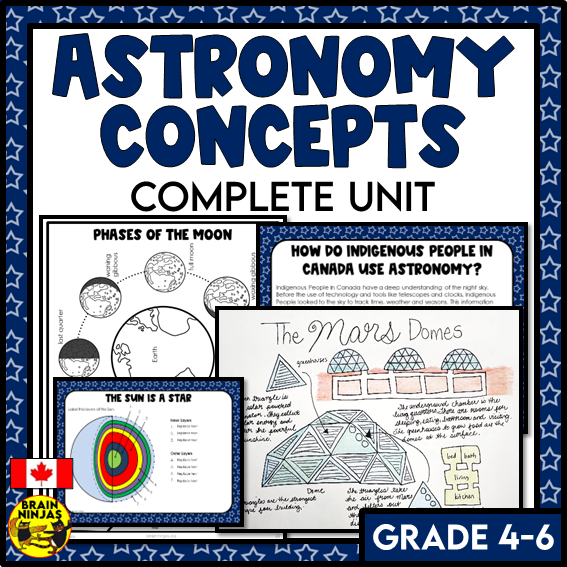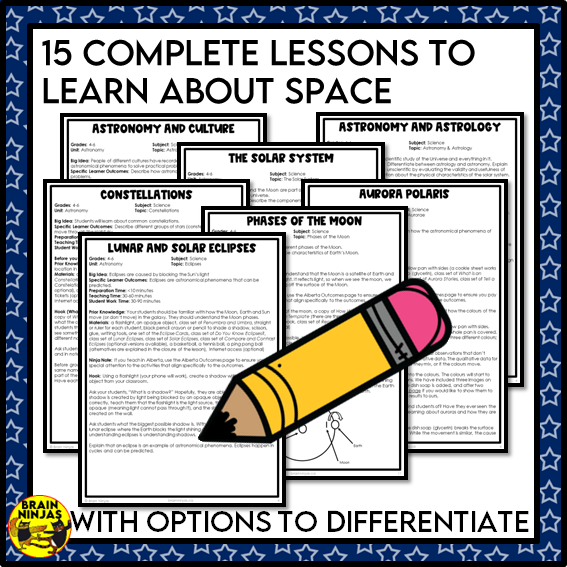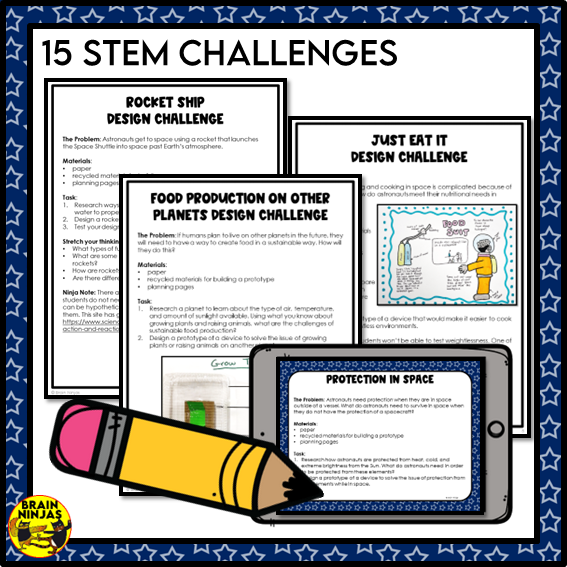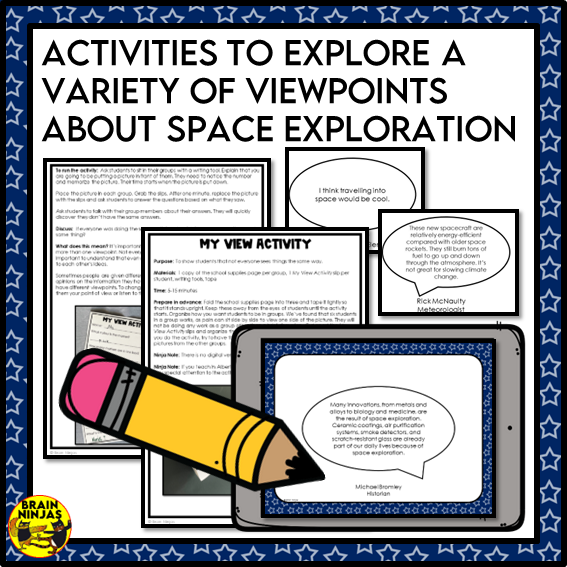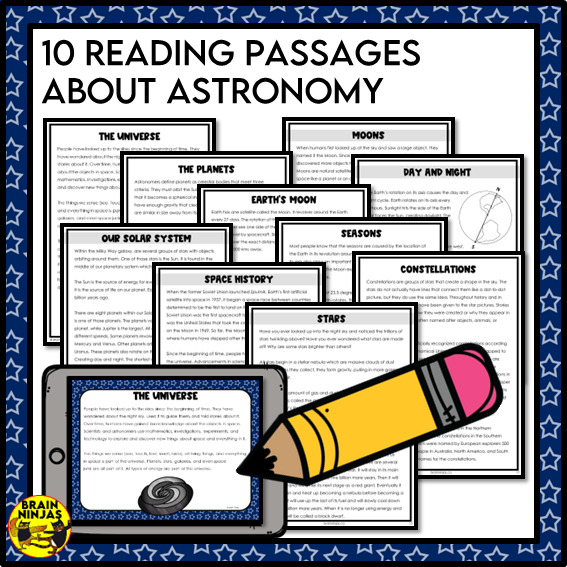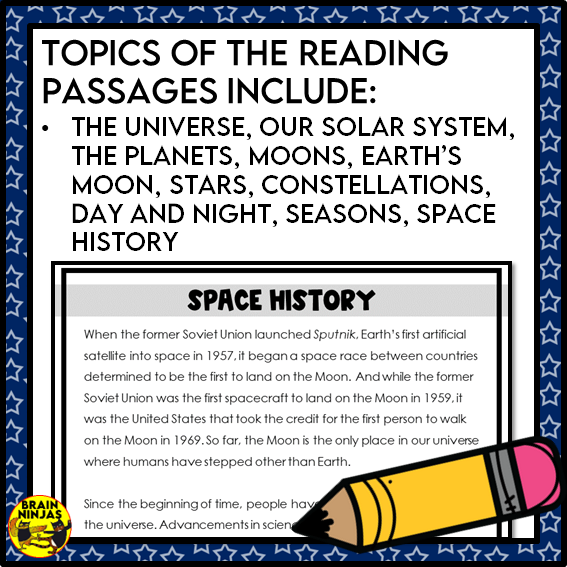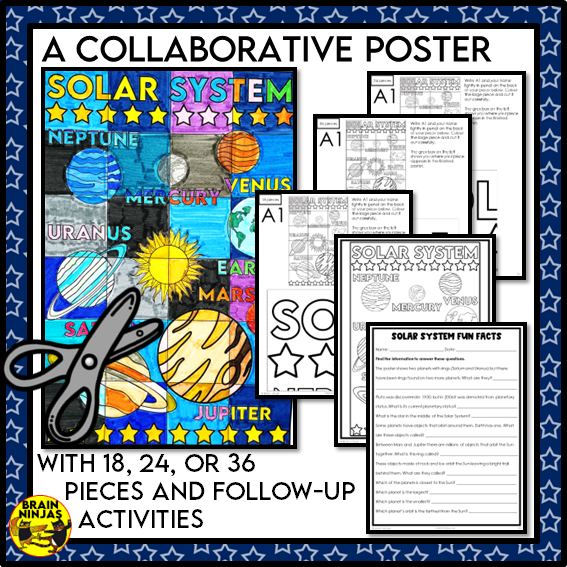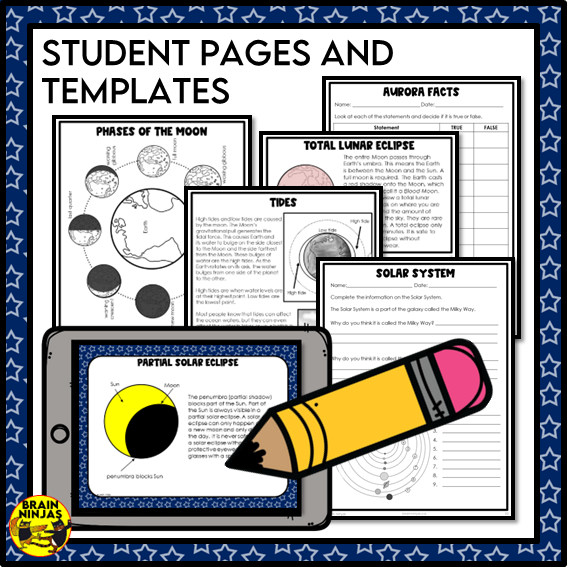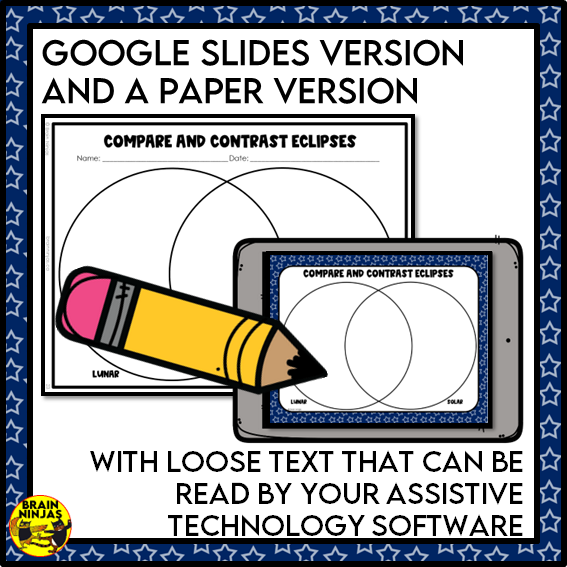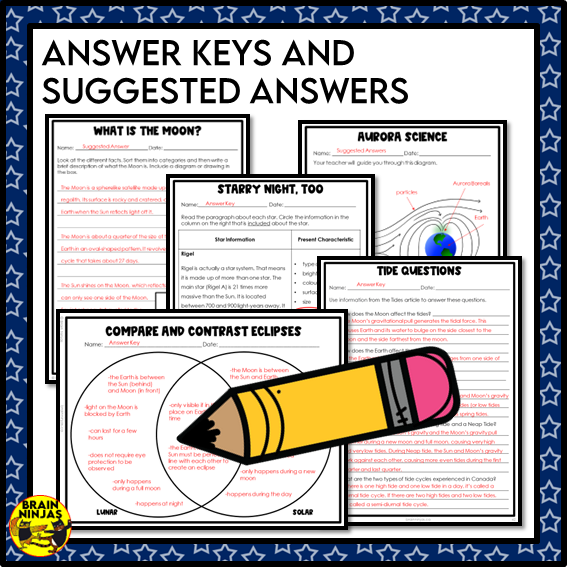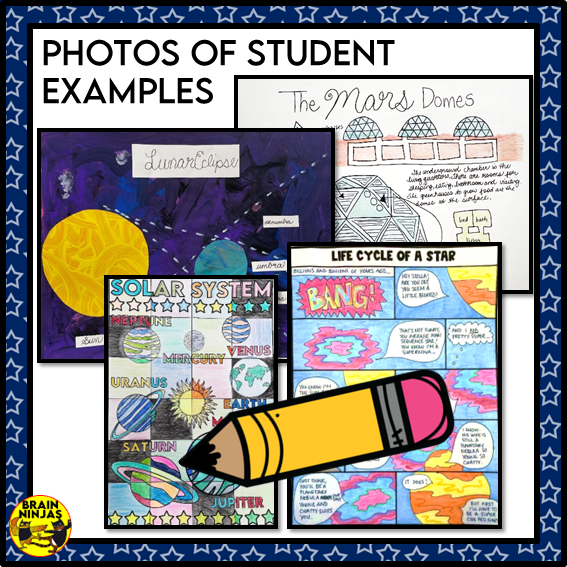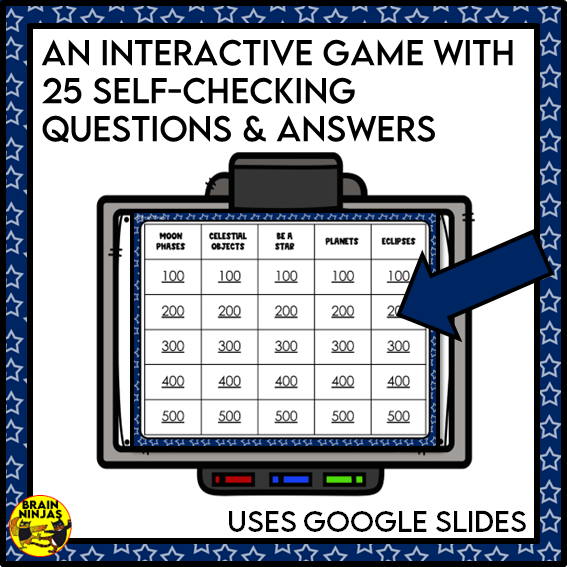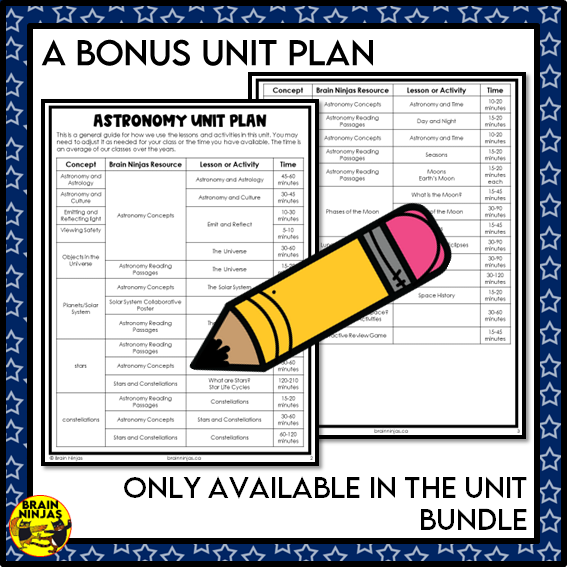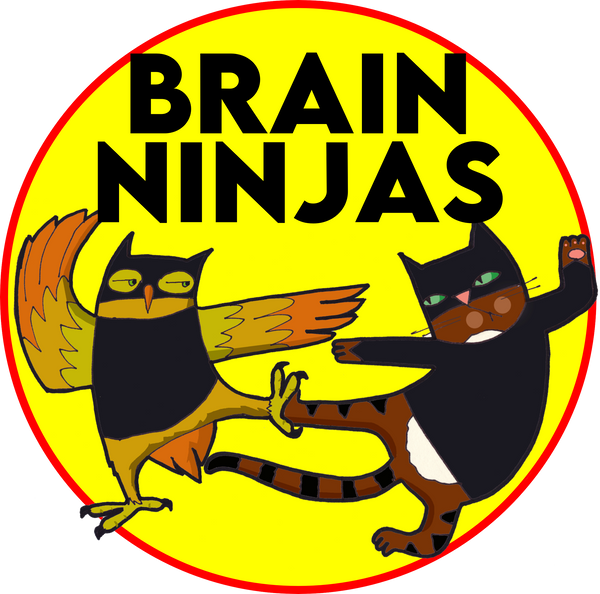Astronomy Unit about Space and Sky Science | Paper and Digital
Astronomy Unit about Space and Sky Science | Paper and Digital
Couldn't load pickup availability
Learn the basics of the universe, Solar System, Phases of the Moon, eclipses, stars, constellations, and how astronomy has been used by different cultures with these activities that only take minutes to prepare. Everything you need to teach these concepts is included along with background knowledge in case you're new to teaching space or astronomy.
This engaging resource includes:
- complete lesson plans with suggestions for differentiation.
- student pages and templates.
- answer keys and suggested answers. Photographs of some of the projects are included.
- opportunities to extend learning.
- Canadian spellings and metric measurements. This includes SI Notation on numbers (so 39 000 instead of 39,000)
- ideas for how to use this resource in the classroom, online, or a mix.
- digital versions of all the student pages that use Google Slides. You must download the PDF file and use the access link in the file to get your digital copy of each resource.
The resources in this bundle are:
- Astronomy Concepts: an overview style space unit: astronomy and astrology (scientific and unscientific statements), how astronomy has been used by different cultures throughout history, light-emitting and reflecting, objects in the Universe, objects in the Solar System, stars, astronomy and time (day/night, seasons).
- Solar System Collaborative Poster: a poster that shows the planets in the Solar System and includes an activity about other objects in the Solar System.
- Phases of the Moon: the Moon: size, composition, and interesting facts; Phases of the Moon, including Indigenous names for full moons; Spring Tides and Neap Tides. Information about diurnal and semi-diurnal tide cycles is included in a reading passage about tides and how the Moon, Sun, and Earth affect tide cycles.
- Lunar and Solar Eclipses: the topics of the umbra and penumbra; lunar eclipses: total, partial and penumbral; solar eclipses: total, annular, partial, and hybrid.
- Stars and Constellations: stars, characteristics of stars, life cycles of stars, and constellations; life cycle of stars including stages: stellar nebula, main sequence massive star, main sequence average star, black dwarf, white dwarf, planetary nebular, red supergiant, neutron star, red giant, black hole, supernova, common constellations, stories about constellations
- Aurora Polaris: how auroras (aurorae) are created in the sky; the various names and reasons for names including Aurora Polaris, Aurora Borealis, Aurora Australis, Polar Lights, Southern Lights and Northern Lights; stories told by Indigenous People in Canada related to the lights.
- Surviving Space STEM Challenges: fifteen open-ended challenges where students solve problems faced by space travel and exploration with suggestions to extend learning. These come in two formats (one for the teacher and a simpler one for students)
- Should We Explore Space? Perspective Activities: activities to learn about how different viewpoints are formed, activities to address facts and opinions, bias, pro/con arguments, and finding quotes in support of viewpoints, activities to learn to form an opinion based on information.
- Interactive Review Game: a link to Google Slides with 25 questions linked directly to their answers, student answer recording page, questions about stars, phases of the moon, eclipses, planets, and other celestial bodies.
- Reading Passages: ten reading passages about The Universe, Our Solar System, Moons, Earth's Moon, Planets, Stars, Constellations, Day and Night, Seasons, and Space History paper and digital versions are included for each text. The digital version has loose text, so it can be read by text-to-speech readers, simple suggestions to use the text sets.
This resource supports:
- any unit about space or astronomy
Do you teach science in Alberta? We have science units for you!
- Learn how we're adjusting resources to align with the new science curriculum in Alberta.
- Grade 3 Full Year of Lessons and Activities
- Grade 4 Full Year of Lessons and Activities
- Grade 5 Full Year of Lessons and Activities
- Grade 6 Full Year of Lessons and Activities
Do you teach science in Canada? These units are for you:
- Waste in Our World Unit
- Light Science Unit
- Plant Growth Unit
- Simple Machines Unit
- Weather Unit
- Wetland Ecosystems Unit
- Electricity and Magnetism Unit
- Chemistry Unit
- Astronomy Unit
- Human Body Systems
Ninja Note: This file is a ZIP file. It contains all the PDF files that contain each resource. Buyers need to download the ZIP and extract the PDF files to a computer. To access the digital version, download the PDF and use the link in that file.
Have a question? Before contacting us, check our Frequently Asked Questions page.
